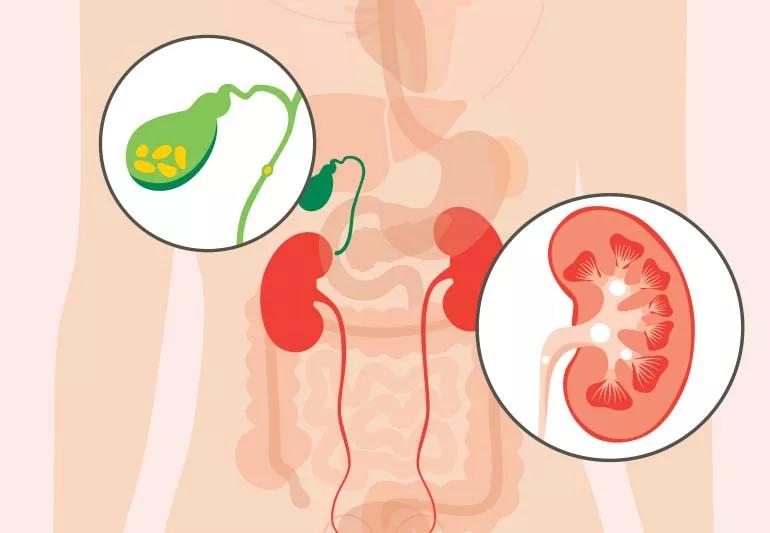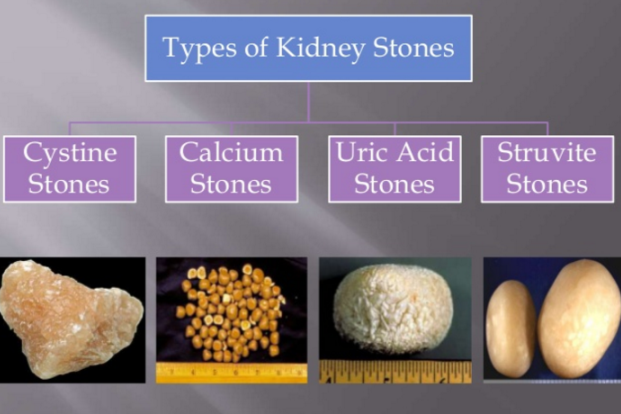Browsing the Signs of Kidney Stones vs UTI: A Comprehensive Comparison
Browsing the Signs of Kidney Stones vs UTI: A Comprehensive Comparison
Blog Article
Checking Out the Symptoms and Causes of Kidney Stones in Comparison to Urinary System Tract Infections: A Thorough Overview
The expedition of kidney rocks and urinary system tract infections (UTIs) exposes an intricate interaction of symptoms and underlying causes that warrant mindful exam. While both conditions can result in hematuria, they offer distinct medical features and occur from various etiological variables. Recognizing the subtleties of each condition is crucial for effective medical diagnosis and management. What are the vital differences in their signs, and exactly how might these notify therapy methods? The answers to these questions might give important insights right into the prevention and care of these typical urological concerns.
Review of Kidney Stones
Kidney rocks, likewise called kidney calculi, type when specific substances in the pee crystallize and accumulation, resulting in the advancement of difficult down payments within the kidneys. These stones can differ in dimension, varying from a grain of sand to a golf sphere, and can be made up of various products, one of the most common being calcium oxalate, uric acid, struvite, and cystine. The formation of kidney rocks is influenced by numerous elements, including dietary routines, fluid intake, and genetic tendency.
Signs of kidney rocks might consist of serious pain in the back or side, blood in the pee, nausea or vomiting, and regular urination, especially as the stone moves with the urinary system. Medical diagnosis normally entails imaging studies such as ultrasound or CT scans, together with urinalysis to recognize the stone's structure.
Treatment options differ based upon the dimension and kind of rock, as well as the intensity of symptoms (Kidney Stones vs UTI). Tiny rocks might pass naturally with enhanced fluid intake, while bigger stones might require medical interventions such as lithotripsy or medical removal. Understanding the pathophysiology and risk factors connected with kidney stones is important for efficient prevention and management
Summary of Urinary Tract Infections
Urinary system infections (UTIs) prevail bacterial infections that impact any kind of component of the urinary system, including the kidneys, ureters, bladder, and urethra. They mainly happen when germs, frequently from the gastrointestinal tract, get in the urinary system, bring about inflammation and infection. UTIs are categorized right into two primary types: uncomplicated and complex. Uncomplicated UTIs commonly take place in healthy and balanced individuals with regular urinary system systems, while complex UTIs may develop in people with hidden conditions, such as structural irregularities or compromised body immune systems.
The occurrence of UTIs is significantly higher in females than men, largely due to physiological differences, such as a much shorter urethra. Risk factors consist of sex, specific contraceptive methods, urinary system retention, and dehydration. The diagnosis of UTIs is usually confirmed via urine examinations, which may reveal the visibility of microorganisms, white blood cells, or red blood cells.

Signs of Kidney Stones
The discomfort related to kidney stones can show up in various means, often leading people to seek clinical focus. Among one of the most usual signs and symptoms is severe discomfort, usually local in the reduced back or side, which might radiate to the abdomen or groin. This pain, frequently called sharp or cramping, can occur suddenly and might rise and fall in strength.
Furthermore, people may experience hematuria, or blood in the pee, which can vary from tiny amounts to noticeable staining. This signs and symptom may be accompanied by adjustments in urinary system behaviors, such as raised regularity or seriousness, as well as pain throughout peeing. Nausea or vomiting and vomiting are also widespread, commonly arising from the body's reaction to intense pain.
In some instances, individuals might experience fever and cools, especially if a second infection creates due to the blockage created by the stones. Overall, the mix of severe pain, hematuria, altered urinary patterns, and stomach signs can supply substantial insight right into the presence of kidney stones, warranting prompt medical analysis and intervention. Recognizing these signs and symptoms is crucial for prompt diagnosis and effective management of the condition.
Signs And Symptoms of Urinary System Infections
Infections within the urinary tract usually present a series of unique signs that can substantially affect day-to-day life. One of the most usual signs and symptoms consist of a relentless impulse to urinate, typically accompanied by a burning feeling throughout urination, referred to as dysuria. People might also experience raised frequency of urination, generating tiny amounts of urine each time.
Other remarkable signs and symptoms include fetid or cloudy urine, which might indicate the visibility of bacteria or pus. In many cases, pee may show up red or pink because of the visibility of blood, these details a problem referred to as hematuria. In addition, people may experience pelvic pain or stress, which can even more worsen the sensation of seriousness.
Systemic signs and symptoms might likewise show up, such as high temperature, cools, and exhaustion, especially if the infection has ascended to the kidneys. It is vital to identify these symptoms early, as unattended urinary system tract infections can result in more severe issues. Kidney Stones vs UTI. Trigger medical attention is advised when these signs are observed, enabling suitable diagnostic assessment and therapy to alleviate discomfort and protect against additional health concerns
Reasons For Each Problem
Frequently, kidney rocks and urinary system infections develop from distinct yet occasionally overlapping reasons that can influence individuals in different ways. Kidney rocks typically develop due to metabolic elements, dietary options, and genetic proneness. Raised levels of calcium, oxalate, or uric check my blog acid in the pee can bring about stone development. Dehydration, insufficient liquid intake, and high-sodium diet plans can aggravate these conditions, advertising formation within the urinary tract.

Understanding these unique reasons is crucial for prevention and treatment. Kidney Stones vs UTI. While way of life alterations may alleviate the risk of kidney rocks, appropriate health and timely treatment of urinary tract infections are necessary for minimizing their recurrence and associated issues
Final Thought
In summary, kidney rocks and urinary system infections present distinct signs and underlying reasons. Kidney stones are identified by severe discomfort and metabolic factors, while urinary system tract infections mostly include bacterial infections leading to urinary system seriousness and discomfort.
The exploration of kidney rocks and urinary system tract infections (UTIs) discloses an intricate interplay of signs and underlying causes that require cautious evaluation.Urinary system tract infections (UTIs) are common microbial infections that influence any kind of part of the urinary system, consisting of the kidneys, ureters, bladder, and urethra.Often, kidney rocks and urinary system infections develop from distinct yet occasionally overlapping causes that can influence people differently.In recap, kidney rocks and urinary tract infections present unique symptoms and underlying reasons. Kidney stones are defined Recommended Site by severe discomfort and metabolic factors, while urinary tract infections mostly entail bacterial infections leading to urinary system urgency and pain.
Report this page